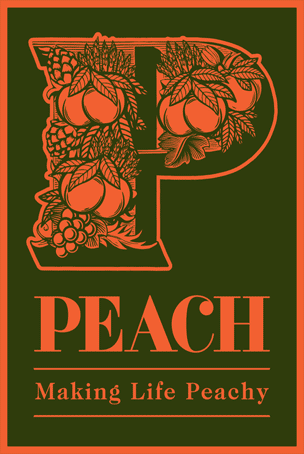In the twenty years Jo Eames has chosen wines for our pubs global warming has shown itself clearly in the world’s vineyards. Sustainable wine-making is a key factor alongside sheer deliciousness & good value in her choices. Happily, many of our favourite producers follow organic, biodynamic and other recognised sustainable practices, now marked with a butterfly on the list. Fnd out what they’ve done to earn their wings below.
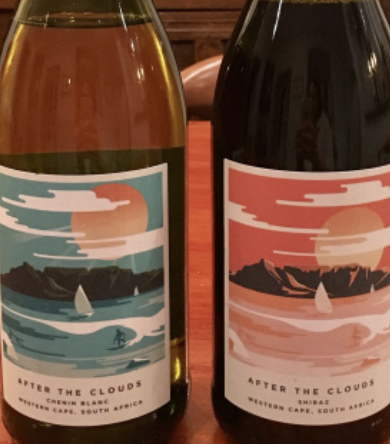
- After The Clouds – all three of our bespoke-blended Cape wines are certified under the Sustainability and Integrity scheme by the South African Wine & Spirits Board.
- Picpoul de Pinet, Cave de l’Ormarine – despite being a co-operative of independent farmers rather than a single estate, the wine growers of Cave de l’Ormarine have resolved to move towards organic methods and have replaced pesticides with pheromone treatments, to deter pests through sexual confusion. How very French.
- Sauvignon Blanc, Sileni Estates – Sileni is a member of the Sustainable Wine-growing New Zealand scheme and work to protect the Paritua stream that borders its land, pulling out alien plants and reintroducing native flora and fauna.
- Grillo, Fina – Kebrilla Grillo is made in a small family winery between Marsala and Trapani in Western Sicily. It is certified organic and also follows biodynamic practices.
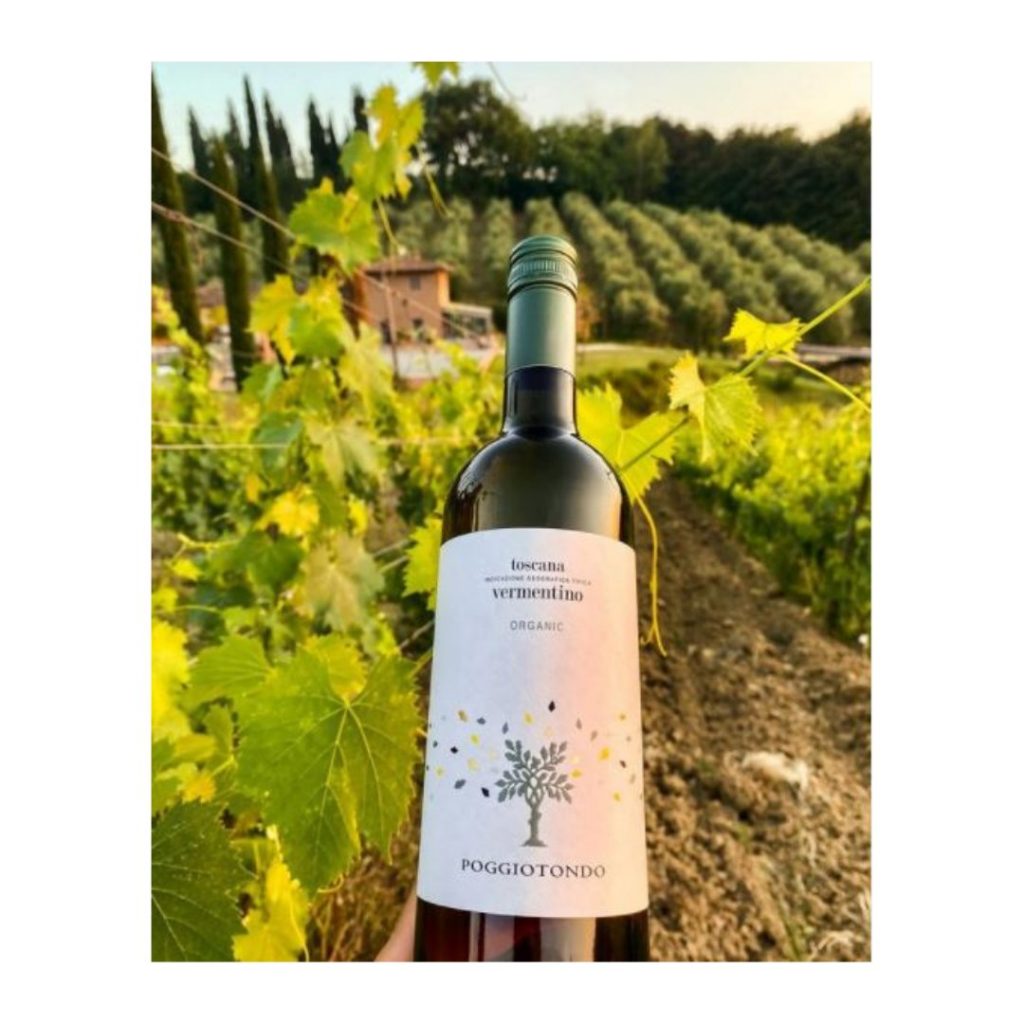
- Vermentino, Poggiotondo – Alberto Antonini is one of the most well-known and well-respected “flying” winemakers in the world. He is a huge believer in the contribution a site and soil makes to a wine, commonly known as “terroir”. He has helped many winemakers, particularly in South America, find new vineyards and develop them with maximum respect for the soil and the environment. His own family estate in Tuscany is fully organic and this sophisticated Vermentino expresses its terroir with great lucidity.
- Chablis, Domaine de l’Enclos – this exciting new domaine set up by a pair of brothers, using grapes from a mix of established organic family vineyards and new organic plots, makes fresh, modern and very satisfying Chablis.
- Chardonnay, False Bay – False Bay is part of Paul Boutinot’s South African estate. Waterkloof is a Worldwide Fund for Nature Champion for its work removing alien plant species and allowing the unique Cape fynbos flora (the only set of plants not to be submerged in the last Ice Age) to regenerate over a large part of the estate. All the wines, though affordable, are made using sustainable farming, hand-picking and wild fermentation. Revenant Sauvignon Blanc is made by the same winemaker, using the same techniques.
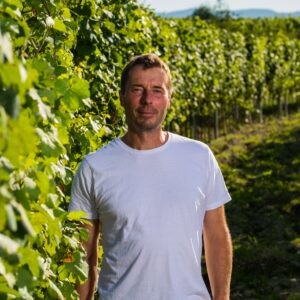
- Grüner Veltliner von den Terrassen, Sepp Moser – Sepp Moser was one of the first estates in Austria to adopt biodynamic techniques in the 1990s and is a leading proponent of organic wine-growing, Demeter-certified and focusing on reducing even permitted interventions to their lowest possible level, focusing on composting and improving soil health naturally.
- Chardonnay, De Loach Heritage Collection – the De Loach estate in Sonoma Valley, California is owned by the French Boisset family (whose Burgundy estate also makes our Crémant de Bourgogne). The De Loach estate practises biodynamic techniques, and all fruit used in the Heritage Collection is also farmed sustainably in the valley.
- Merlot, Adobe Reserva – the best-selling organic wine in Chile, made by Emiliana, a company which is fully organic and biodynamic and has sustainable wine-making at the heart of everything it does.
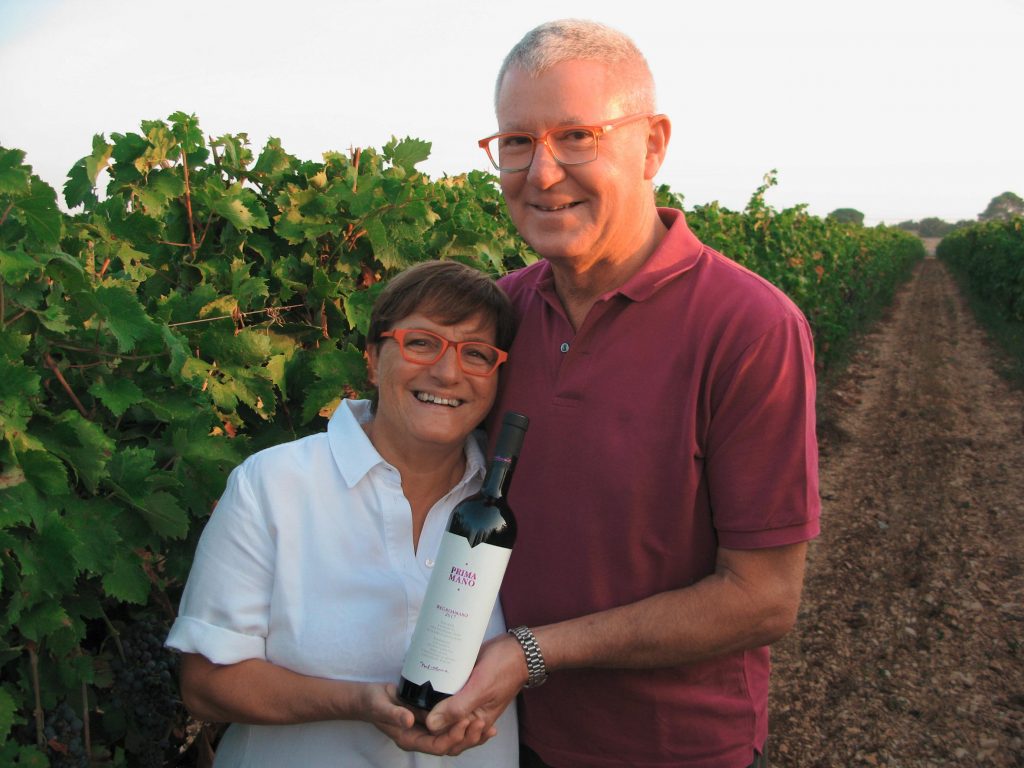
- Primitivo, A Mano – Mark Shannon and Elvezia Sbalchiero have put Puglia on the map over twenty years seeking out the best Primitivo grapes to make into their A Mano wines. The grapes for this wine come from unirrigated 70-100 year old bush vines that are grown organically.
- Henry’s Seven, Henschke – Wine Enthusiast magazine’s New World Winery of the Year in 2021 and regularly in the Top 100 Wineries of the World, Henschke also recently received the Robert Parker Green Emblem for Outstanding Efforts in Sustainable Wine Production. All their wines are managed using organic and biodynamic methods. Surprisingly, Australia has no official organic certification scheme, and yet some of its best winemakers – Prue Henschke in Barossa, Vanya Cullen in Western Australis – are among the world’s leaders in the field.
- Altano Tinto, Rewilding Edition – made by the historic port-shipping family, Symington, whose company is now a Certified B Corporation, this delicious (and very popular) red is farmed sustainably and its sale helps regeneration of the eco-system in a remote valley in Northern Portugal, including the reintroduction of wild lynxes and birds of prey.
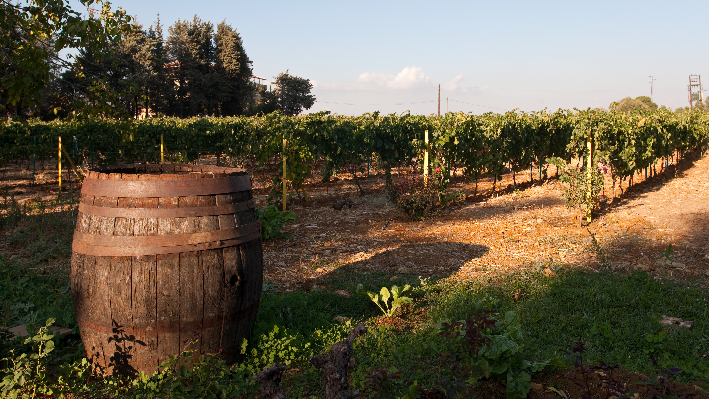
- Domaine des Tourelles Red – the Bekaa Valley is one of the most challenging places in the world to make wine, for geopolitical and economic reasons as much as any other. Domaine des Tourelles is one of the oldest wineries in Lebanon, but is in the hands of a dynamic young wine-making team who farm organically and following biodynamic principles.
- Prosecco, Ceradello – I chose this organic Prosecco because it tasted delicious, first of all, but also because I felt it was worth it to pay a little extra to support good practice in one of the most nakedly commercial wine areas on the planet.
- Champagne, Charles Heidsieck Rosé Réserve – “Charles”, as it is known to its many fans, is a great champagne house. Not the best known, but one of the very best quality, as its gold rush of medals and trophies proves. The quality growers from whom it buys the grapes for its Rosé practise sustainable farming.
- Port, Sandeman’s Twenty Year Old Tawny – Sandeman’s, whose caped figure of “the Don” is still synonymous with port in English minds of a certain age, has been owned by the Portuguese family company, Sogrape, since 2002. They have invested heavily to raise Sandeman’s to the top of the quality tree. Farmed sustainably in the stunning Douro Valley, a UNESCO World Heritage site whose hillsides are so steep the vineyards have to be worked and harvested by hand, the 20 YO Tawny won gold medals at both the Decanter World Wine Awards and the International Wine & Spirits Competition in 2021.
